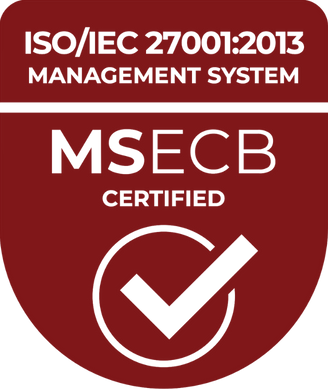The Art of Asking Your Clients the Right Questions

One of the most important abilities for a consultant is to be able to ask the right question at the right moment. Sounds easy, right? Maybe not. The simple things can sometimes be the most difficult and crucial things for the success of a company.
Before you start asking questions, you need to listen to what your client is saying. Let your client ask their questions and let them explain what they need from your product/service. You use this information to understand your client’s industry and situation, and how you can solve their problems.
Start asking questions
There are a plethora of questions that can be asked to any given client. Some are better than others.
”Could you please talk to me about your business?”
Wrong! This question shows that you haven’t done your research. If you had, your client wouldn’t need to answer this question.
”Many companies in your industry are facing problem X on a day to day basis. Is this also a challenge for you?”
Correct! When you start by describing your client’s industry with your own words and then include a question like this, you show that you have done your research and want to know more about your client’s situation and challenges.
”Why are you doing things the way you are?”
Wrong! Avoid asking “why questions”, as it will make your client feel cornered. Open-ended questions are great, but there are better ways to ask this question without making your client feel uncomfortable.
”What would you like to improve in your company?” or “What do you think you could do differently?”
Correct! You are still asking open-ended questions, i.e. questions that can’t just be answered with a “yes” or “no”. Asking a question like this is more comfortable for the client, but still concrete.
”Who is your target audience?”
Wrong! There is nothing wrong with the question, but you will encounter issues when you get to detailed and narrow answers. This is an area where you need to go in-depth to really get a comprehensive view of your client’s optimal target audience.
”Can you please tell me a bit about your target audience? What kind of needs do they have? How old are they? Where do they live? What media do they consume?” (Different follow up questions depending on target audience).
Correct! Asking it like this, accompanied with appropriate follow up questions, will give you a deeper understanding of your client’s target audience. You will extract more information and get more versed in your client’s area of business. Understanding your client’s needs depends on them understanding their own needs.
I have gathered a couple of examples of good and bad questions. There are of course many more aspects to keep in mind in a conversation, and sometimes some questions will make more sense than others. The most important thing to remember is to listen to the client and to not let your mouth run wild. Also, don’t be afraid to ask the same question twice if the answer wasn’t comprehensive enough. Below are some examples of great questions.
”What makes your company unique compared to your competitors?”
”What is your primary goal for your company this year?”
”What do you think you need to do to reach this goal?”
”How can you and your employees work towards the same goal?”

Johan Haeger - Head of Enterprise Sales, Cinode
Johan Haeger - Head of Enterprise Sales, Cinode
You may also like...
All posts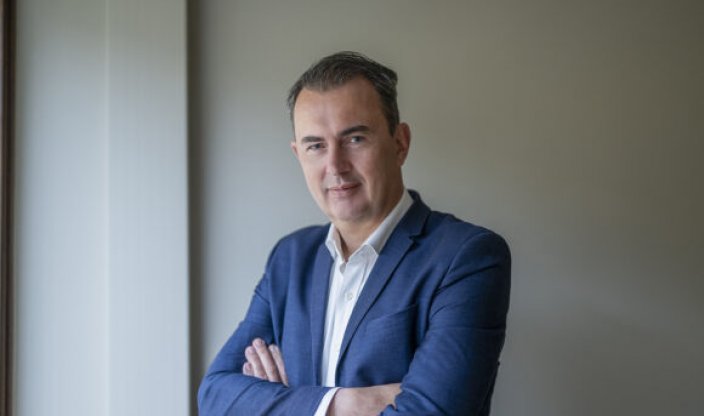
Oct 10 2025 · Consulting, Entrepreneurship
🚀 The Head of Analysis: Seven Success Factors for Consulting Firms 2025–2030
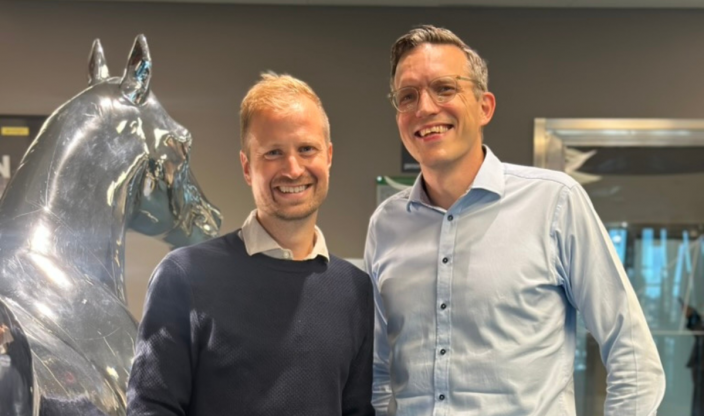
Sep 10 2025 · Consulting
“It’s About Growing Right – Not Fastest” – Netlight Scales Up with Culture and AI in Focus

Aug 21 2025 · Cinode, Consulting
🚀 A Clear View and Fast Execution – Our Journey with Cinode

Apr 30 2025 · Consulting
Understanding the psychology behind pricing

Apr 15 2025 · Consulting
How to set (the right) price?

Mar 18 2025 · Consulting
How do we charge for the value of our services?

Mar 11 2025 · Consulting
New AI Act: Checklist for Consultants and Consulting Firms
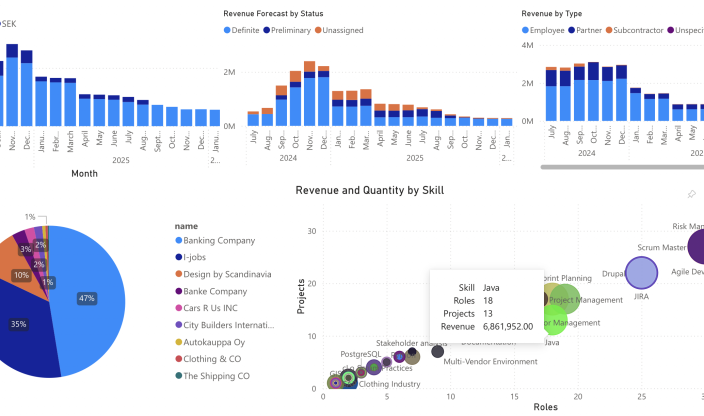
Feb 27 2025 · Consulting
Maximize Insights in Your Consulting Business with Cinode and Power BI
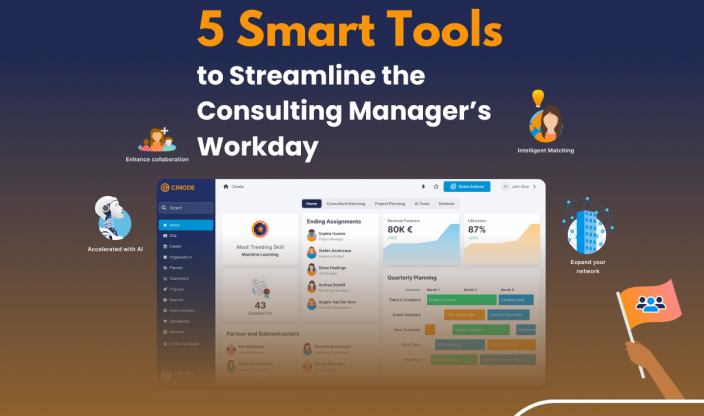
Jan 31 2025 · Consulting
5 Smart Tools to Streamline the Consulting Manager’s Workday
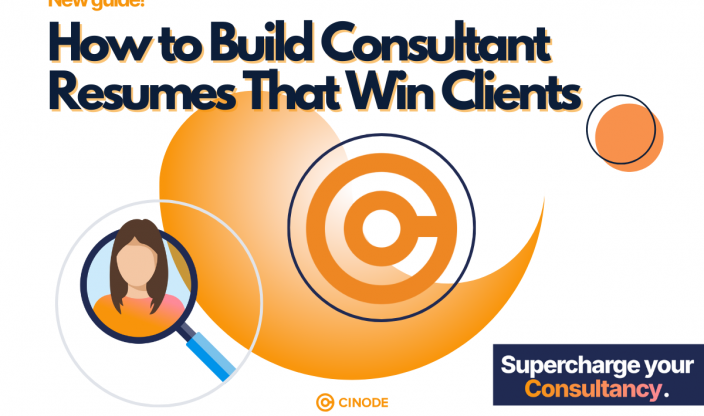
Jan 29 2025 · Consulting
New guide: How to Build Consultant Resumes That Win Clients
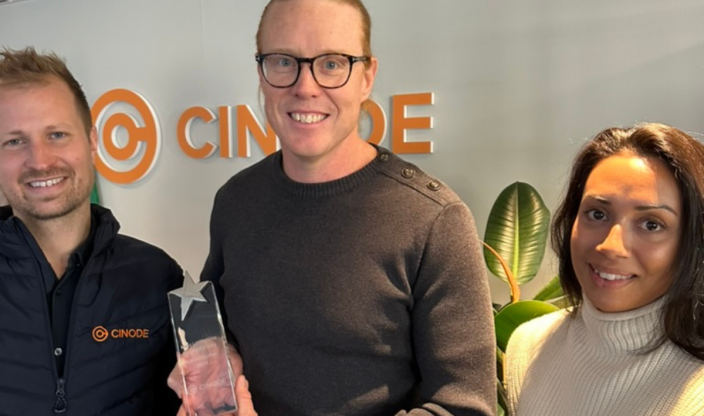
Nov 05 2024 · Consulting
Sweden’s most profitable consulting company reveals its secrets
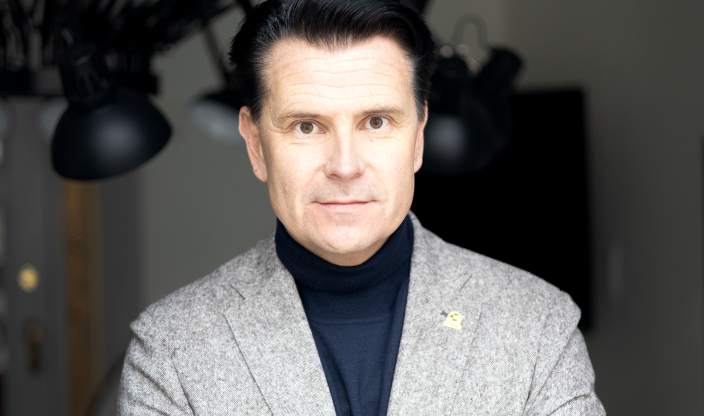
Oct 30 2024 · Consulting
